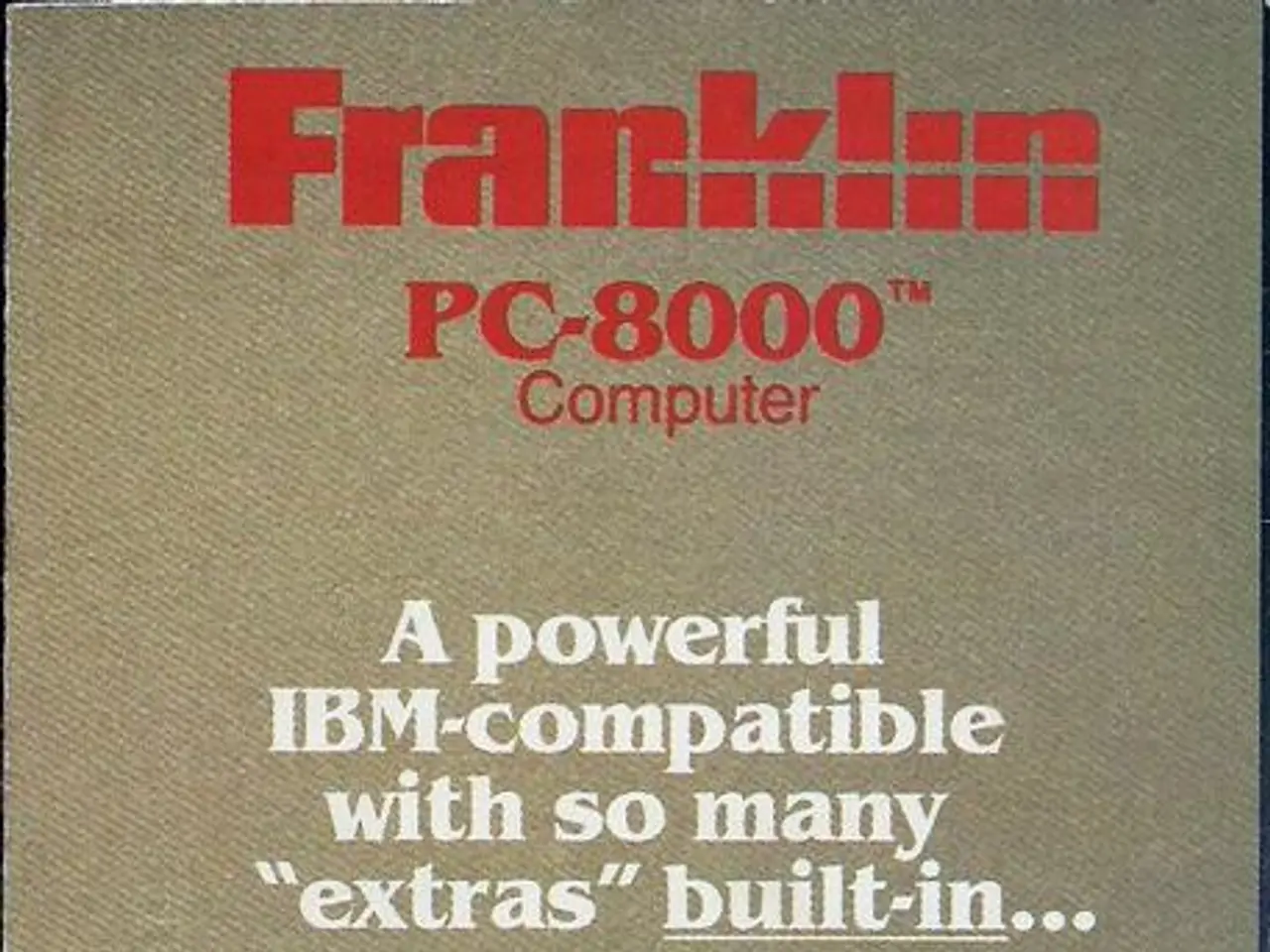Understanding Fundamentals of Emergency Home Power Solutions
In the pursuit of energy security and resilience, homeowners are increasingly turning to advanced backup power solutions. These systems are designed to provide electricity during power outages, ensuring continuity for critical appliances and systems.
**Jackery Essential Home Backup Systems** stand out for their versatility, offering products tailored for various power needs, from critical loads to whole-home backup. The **Jackery Solar Generator 5000 Plus Kit** boasts a capacity of 5 to 60 kWh, with dual voltage output (120V/240V), powering multiple appliances simultaneously. The system's 0ms UPS seamless switchover ensures uninterrupted power for essentials like fridges, computers, and medical devices.
Another contender is **EcoFlow Home Backup Generators and Solar Plants**. The **EcoFlow DELTA Pro 3 Portable Power Station** and **STREAM Series Solar Plant** offer scalable solutions from 1.92 kWh to 11.52 kWh. The STREAM Series features an AI-driven peak-valley scheduling system, intelligently managing solar power storage and grid interaction for cost savings. EcoFlow systems are quiet, clean, fuel-free, and easy to manage during blackouts, making them ideal for households seeking energy independence and resilience.
**Franklin aPower2 Solar Battery** is a premium whole-home backup solution, integrating with almost any solar inverter, grid, or generator. With a 10 kW continuous output and 15 kWh capacity, it offers smart charge/discharge control via the aGate system and a user-friendly app.
Solar batteries, like the Tesla Powerwall or LG Chem RESU, complement solar panels by storing excess energy for nighttime or outages, providing reliable backup power. They offer silent operation, require no fuel, and have low maintenance needs. Integrating these systems with solar panels maximizes energy resilience and cost-effectiveness.
The choice of the right system depends on factors such as power capacity needs, budget, existing solar infrastructure, and desired level of automation and smart management. Costs for home backup power systems can vary widely, with portable generators being the most affordable upfront but requiring ongoing fuel purchases and more frequent maintenance, and standby generators representing a bigger investment but offering automatic operation and the ability to power an entire home.
Installation requirements vary depending on the type of system. Portable generators require minimal installation, while standby generators, battery backup systems, and solar + battery systems benefit from professional installation.
Regular maintenance is crucial for all backup power systems. This involves regular test runs, oil and filter changes, spark plug replacements, and inspections of fuel lines and connections for generators, and keeping batteries clean and dry, checking connections for corrosion, and monitoring battery health for battery systems.
Battery backup systems produce no direct emissions during use, but their production and disposal have environmental impacts. Solar panels with battery storage create a resilient and eco-friendly backup power system, providing power during outages and reducing reliance on the grid during normal operation.
Proper installation, maintenance, and safety measures are crucial for all backup power systems. Solar systems with battery storage arguably have the lowest environmental impact during operation. Consulting with experts can help determine the most suitable backup power solution for a unique situation.
Fuel cells represent an emerging technology in the backup power market. They generate electricity through a chemical reaction, typically using hydrogen derived from gas. They offer low emissions compared to traditional generators but have a high upfront cost and limited availability for home use.
In conclusion, for homeowners prioritizing energy security, the best backup power solutions in 2025 are solar-compatible battery backup systems that combine reliability, scalability, ease of use, and environmental benefits. These systems offer a balance between cost-effectiveness, resilience, and sustainability, ensuring a secure and comfortable home environment during power outages.
- Homeowners are increasingly looking at battery storage solutions, such as the Jackery Solar Generator 5000 Plus Kit, to provide electricity during power outages, ensuring continuity for critical appliances and systems.
- EcoFlow Home Backup Generators and Solar Plants, like the EcoFlow DELTA Pro 3 Portable Power Station, offer scalable solar power storage and grid interaction, making them ideal for households seeking energy independence and resilience.
- Solar batteries, like the Tesla Powerwall or LG Chem RESU, integrate with solar panels and provide reliable backup power by storing excess energy for nighttime or outages.
- The choice of the right system depends on factors such as power capacity needs, budget, existing solar infrastructure, and desired level of automation and smart management.
- Installation requirements vary depending on the type of system, with portable generators requiring minimal installation and standby generators, battery backup systems, and solar + battery systems benefiting from professional installation.
- Regular maintenance is crucial for all backup power systems, involving regular test runs, oil and filter changes, spark plug replacements, and inspections for generators, and cleaning and monitoring battery health for battery systems.
- Battery backup systems, when combined with solar panels, create a resilient and eco-friendly backup power system, providing power during outages and reducing reliance on the grid during normal operation.
- Solar systems with battery storage have the lowest environmental impact during operation compared to traditional generators, arguably making them the most sustainable backup power solution.
- Fuel cells represent an emerging technology in the backup power market, offering low emissions but having a high upfront cost and limited availability for home use.




